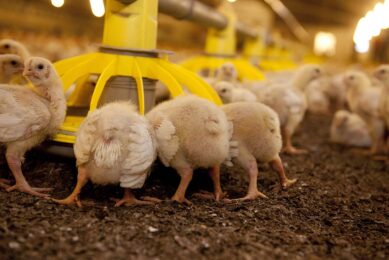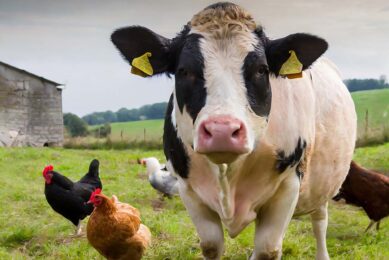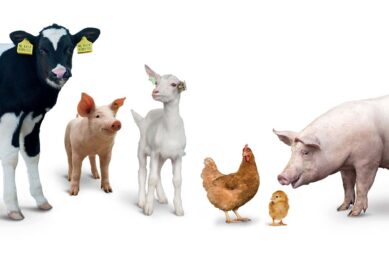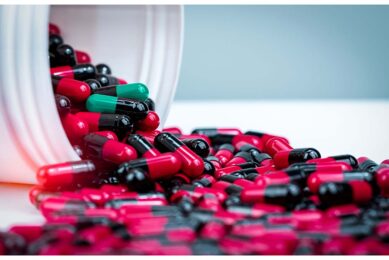Say no to AGPs, say yes to herbal extracts

As consumers around the world demand antibiotic free animal husbandry, bioactive herbal components present an effective solution for farmers to ensure good animal health.
Throughout the last decades, the antimicrobial susceptibility of pathogens decreased significantly, to the point, where in several cases multiple antibiotic resistance has been experienced. Additionally, emerging dysbiosis of the intestinal microbiota and incidence of subclinical diseases cause significant economic losses for the pig and poultry industry. Consumer and veterinary needs both point in the direction of new natural alternatives. Preventing dysbiosis improves animal performance, health and welfare, as well as reduce the antimicrobial treatments of animals.
Herbal based feed additives represent a traditional way of controlling dysbiosis by keeping the intestinal flora in a natural balance, while nourishing the intestinal epithelium. As a result of 30 years of research, Dr Bata Ltd developed Dysantic and Herbanoplex CP, 2 feed additives containing bioactive herbal extracts. These additives improve the absorption of nutrients and due to their immunostimulatory effect, improve the body’s resilience. The bioactive ingredients of these herbal feed additives have an additional regulating effect on the pathobiome, which is enhanced by the synergism with the prebiotic and antioxidant components.
Unique composition
Both products contain synergistic combination of phenolic bioactive components like phenols, polyphenols, organic acids and natural prebiotic compounds. This unique composition keeps the microbiome in balance and promotes proliferation of beneficial microbes, thus reducing the use of antibiotics. Scientific trials around the world demonstrated that antibiotic growth promoters can successfully be replaced by these bioactive herbal products.
The effect of Herbanoplex CP on the production parameters was tested in comparison to Bacitracin Methylene Disalicylate (BMD) in a layer farm trial with normal hygienic standards. The experiment was carried out in Malaysia November 2019 and lasted 221 days. The trial included 2 groups with 49,000 hens with identical housing and feed conditions. Dosage of Herbanoplex CP was 1 kg/t and BMD was included in 50 ppm. During the trial, automated laying cages monitored the egg production constantly, data on mortality and feed consumption were recorded daily and the percentage of egg production intensity was calculated.
Figure 1 – Mortality and egg production of BMD and HCP groups.

Egg production during the trial was statistically significantly higher (p<0.05) in the herbanoplex cp group (95.1%) compared to the bmd group (94.2%). meanwhile, mortality showed a difference of 0.3% in favour of the product (1.92%) compared to bmd (2.22%). in the trial no statistically significant difference was observed in feed consumption (>Figure 1).</0.05)>
Antibiotic-free animal production
The trial results demonstrate that the product is an effective and profitable alternative to antibiotics, such as BMD in the example above. Additionally, the use of the bioactive herbal extracts prevents gastrointestinal diseases and promotes production intensity and persistence with a sustainable profit per bird. Herbs and essential oils have been used for centuries both in humans and animals, thus their efficacy and safety are ensured, currently the ongoing research concerns their mechanism of action, as these alternatives are gaining more and more importance in achieving antibiotic-free animal production.
Author:
Daniel Molnar, Dr Bata
 Beheer
Beheer






 WP Admin
WP Admin  Bewerk bericht
Bewerk bericht